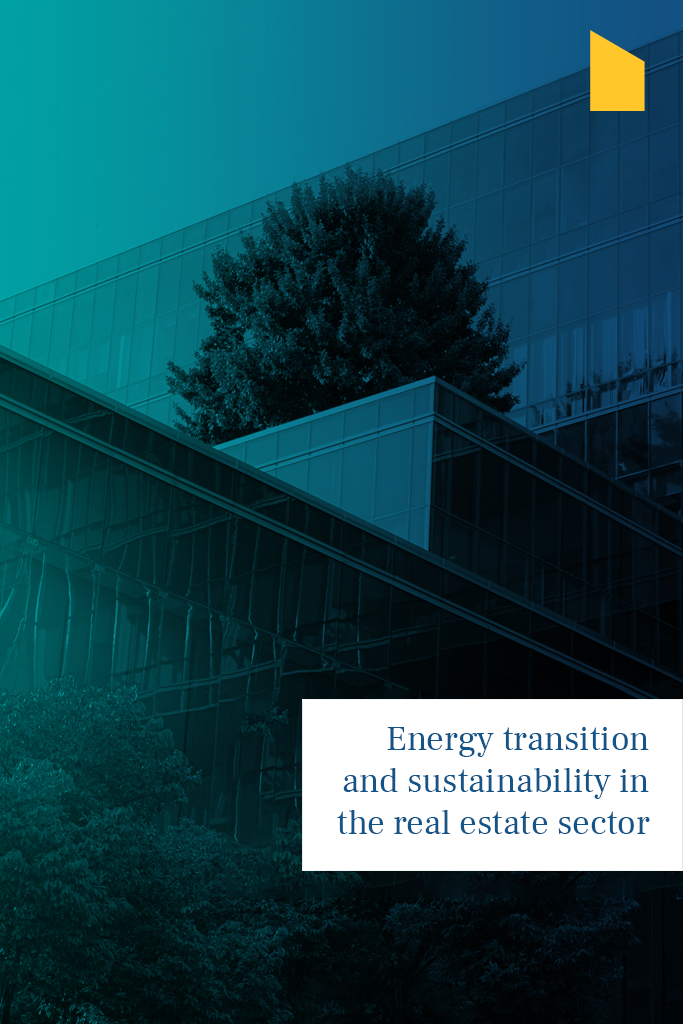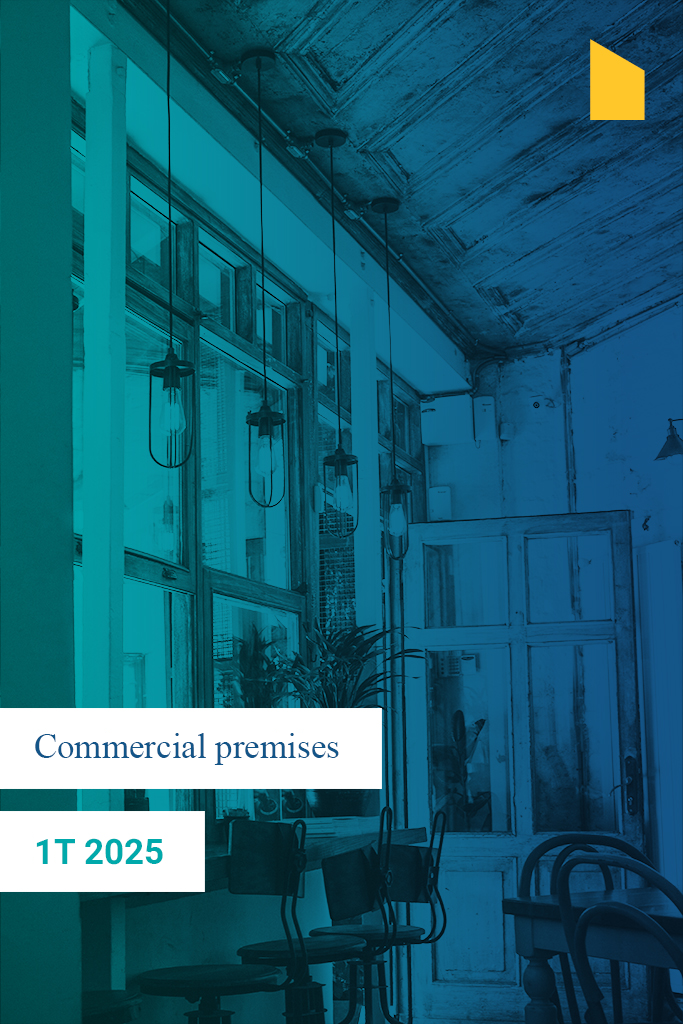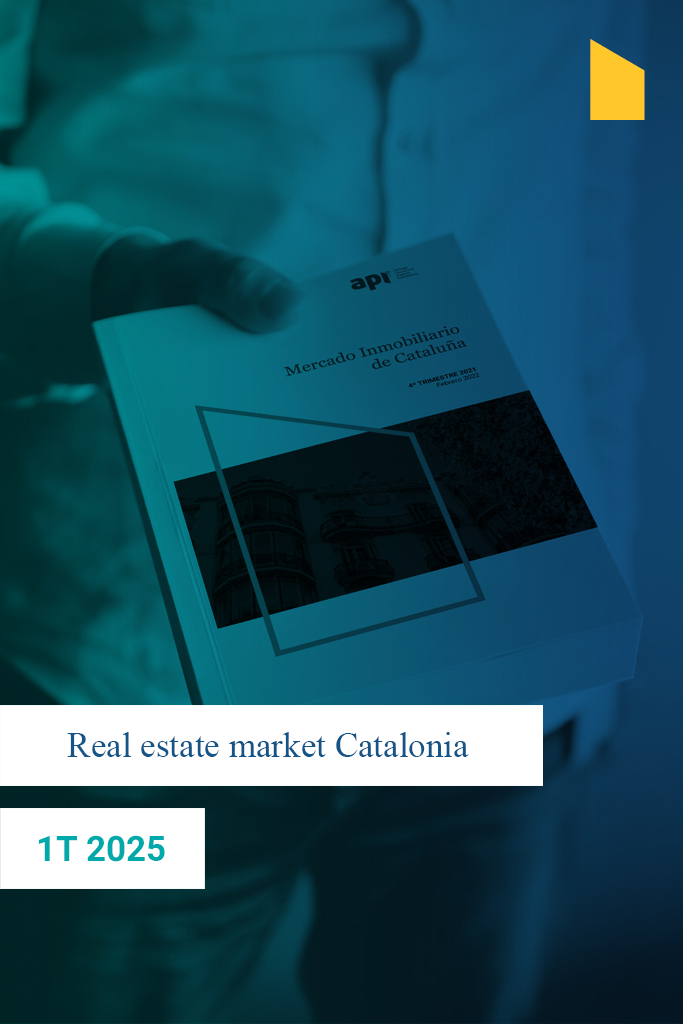Sustainability has become a key axis for the development of the real estate sector in Spain and Europe. According to the report carried out in collaboration with Deloitte, energy inefficiency remains an important challenge: more than 80% of Spanish buildings have an energy rating of E, F or G, considered inefficient.
In line with the objectives of the Paris Agreement, the European Union has established the Energy Efficiency Directive in Buildings (EPBD), which seeks to transform the real estate sector to achieve zero emissions by 2050. This requires the renovation of the least efficient buildings, eliminating gradually fossil fuels in heating and cooling. In addition, initiatives such as the National Integrated Energy and Climate Plan (PNIEC) point to a significant improvement in energy efficiency and decarbonization.
The report highlights key programs such as the Recovery, Transformation and Resilience Plan (PRTR), which includes aid for energy rehabilitation, construction of social housing and tax deductions. These measures not only improve the energy performance of buildings, but also promote social and territorial cohesion by focusing on municipalities with smaller populations.
Although the benefits are clear, the transition faces important challenges: making society aware of the importance of sustainability, reducing initial costs and increasing the supply of specialized professionals. However, the opportunities are immense. The adoption of green technologies not only increases the value of properties, but also boosts job creation and economic growth.
The future of the real estate sector depends on its ability to adapt to these demands and lead the change towards a sustainable, efficient and environmentally committed model.








